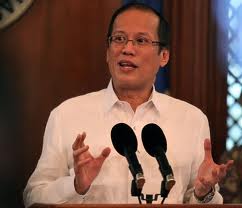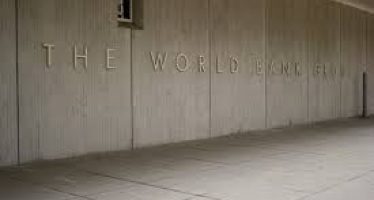World Bank Response to Philippines Typhoon Disaster

Benigno S. Aquino
“We have been encouraged by the resilience of the Filipino people and the determination shown by President Aquino and his team as they work to recover from a disaster of unprecedented scale,” said World Bank Group President Jim Yong Kim. “With overwhelming demands, the relief, recovery, and reconstruction effort will take time. The World Bank Group is committed to supporting the government’s efforts to rebuild people’s lives no matter how long it takes.”
During the phone call, Kim updated President Aquino on a package of assistance amounting to almost US$1 billion, which can be delivered in a few weeks. Kim said he mobilized World Bank staff to facilitate quick delivery of the US$500 million emergency budget support loan with teams working around the clock, due to the urgent nature of the situation in the Philippines.
“We have been encouraged by the resilience of the Filipino people and the determination shown by President Aquino and his team as they work to recover from a disaster of unprecedented scale.”
The additional US$480 million is financial assistance for the National Community Driven Development Project (NCDDP), which can be used for emergency response. The project could immediately support typhoon affected communities rebuild community-level or livelihood related infrastructure such as water, rural roads, schools and clinics, using retroactive financing. The project will empower communities themselves to lead the reconstruction effort, by offering a transparent way for people to identify their own needs. This project will scale up the successful Kapit-Bisig Laban sa Kahirapan-Comprehensive Integrated Delivery of Social Services (KALAHI-CIDSS) program.
President Kim also informed President Aquino of the quick deployment of the Bank Group’s disaster specialists who are now helping the government in Manila assess damages and identify priority areas for immediate recovery and reconstruction support. The Philippines can continue to draw from the World Bank Group’s experience in post-disaster work from Turkey, India, Aceh, Sri Lanka, Pakistan, Bangladesh, and Haiti.
The World Bank Group is also looking at restructuring existing investment projects to support reconstruction of affected communities. Further assistance will be offered through new investment or results-based operations to support medium- and long-term reconstruction efforts, when the government’s Yolanda Recovery and Reconstruction Plan is completed.
You may have an interest in also reading…
Mitsuko Tottori: Flying High at Japan Airlines
Mitsuko Tottori, a name synonymous with resilience, dedication, and a groundbreaking ascent in the aviation industry, has become the first
Overall Tax Cost and Compliance Burden Lower for Businesses around the World
Paying taxes has become easier over the past year for medium-sized companies around the world, the latest report from the
How to Tame an Unruly Bear
You heed Teddy’s advice: Speak softly and carry a big stick. That’s how a bear is brought to its senses.















































































